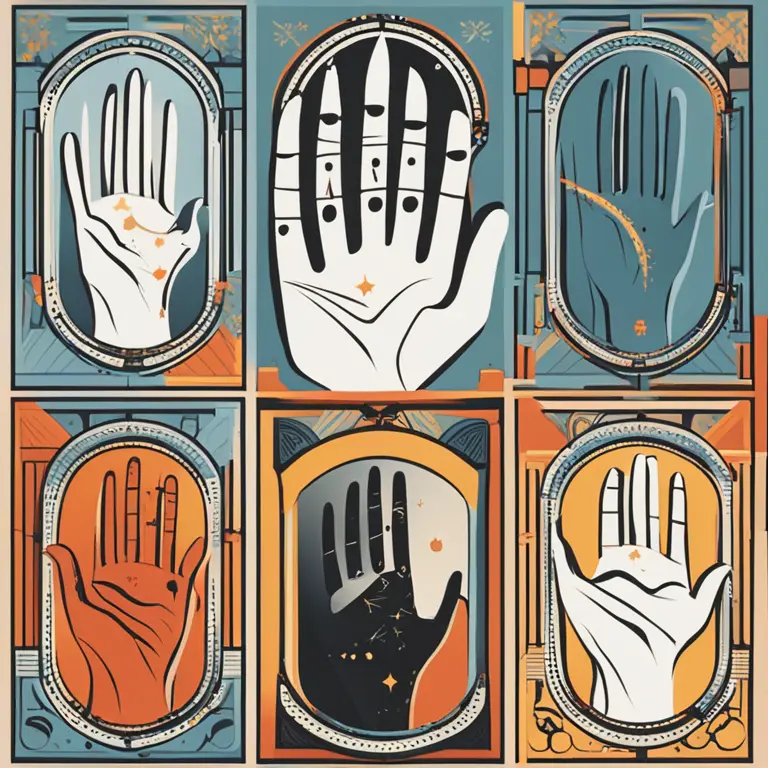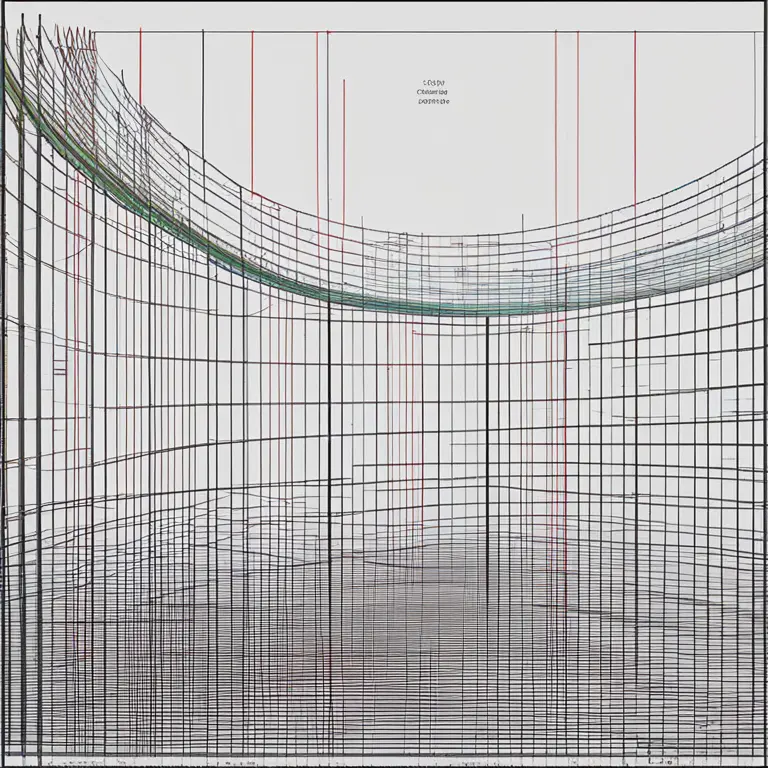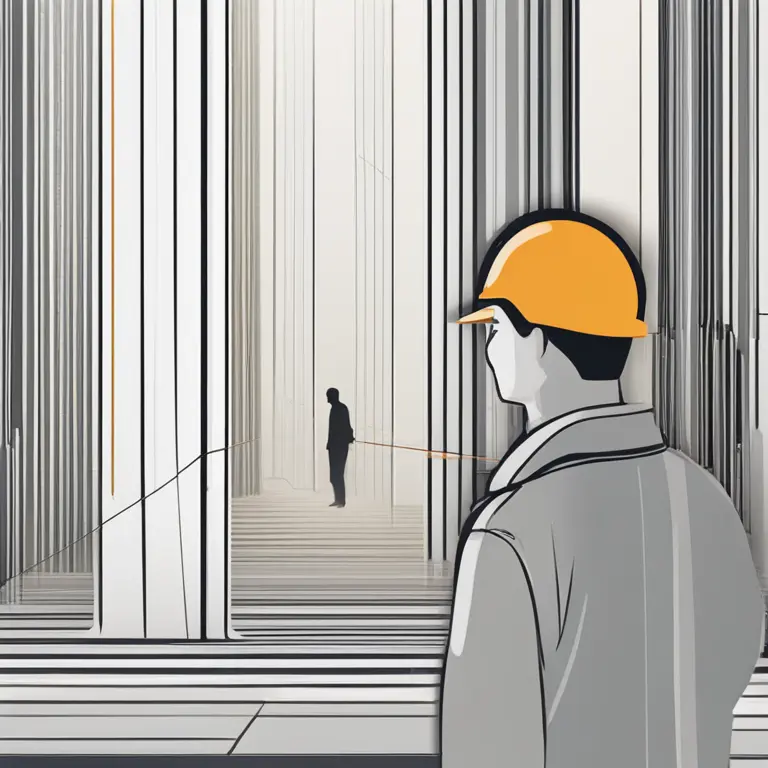
The Palmistry Death Line: A Myriad of Meanings
An in-depth article discussing the nuances of the palmistry death line and its implications in the realm of hand analysis.
article by Nora Pennington
The Enigma of the Palmistry Death Line
Palmistry, the ancient art of hand reading, has fascinated individuals for centuries with its enigmatic lines and symbols. One such mystifying feature is the so-called "death line." Contrary to ominous connotations, this line seldom predicts mortality. It's essential to approach palmistry with an understanding that it often speaks metaphorically rather than literally. The death line, more accurately termed the 'line of transformation', can signify profound life transitions, impactful changes, or deep internal evolutions. When visible, its implications are much more nuanced and personal than the name might suggest.

Locating and Interpreting the Line
To locate the death line, one must examine the palm carefully; it is not as prominent as other major lines like the heart, head, or life lines. Typically, it appears as a vertical line intersecting the palm, but its visibility and clarity can vary significantly between individuals. In some traditions, this line is believed to reflect the bearer's longevity, with breaks or chains suggesting periods of illness or hardship. However, modern palmists view these features more as indicators of change, urging us not to leap to dire conclusions but to consider broader interpretations.

The Symbolism of Life Changes
Within the context of palmistry in 2024, the death line is increasingly understood symbolically. For instance, the emergence or deepening of this line may correlate with life-altering experiences such as career shifts, migrations, or personal evolution. It’s a call towards introspection, prompting an individual to identify significant transformations in their journey. A nuanced reading might consider adjacent lines, their intersections, and other palm features to offer a more comprehensive interpretation. Life is a confluence of events, and the death line suggests a vital crossroads.

Technical Insights on Palm Line Dynamics
The science of palmistry continues to evolve, with new methodologies and technological advancements enhancing our understanding of these mysterious lines. Digital imaging and data analytics have begun to play a role in identifying and interpreting palm lines with greater accuracy. In light of these innovations, the death line's analysis has expanded, allowing for a more data-driven approach that accommodates a spectrum of interpretations.
The Metaphorical Versus Literal Debate
Despite the modern approaches to palmistry, debates linger about the extent to which the death line should be taken literally or metaphorically. Some traditionalists steadfastly maintain that the line harbors insights into the bearer's life span. Concurrently, progressive palmists urge a metaphorical perspective, advocating for a symbolic understanding that aligns with emotional and existential milestones. This dichotomy reflects the broader tension between historical beliefs and contemporary insights in the realm of esoteric sciences.
Concluding Thoughts on the Death Line
In the end, the death line, much like any aspect of palmistry, should be approached with openness and a discerning mind. Whether viewed through a traditional lens or interpreted with modern sensibilities, it remains a fascinating element that provokes curiosity and personal reflection. As with all elements of palmistry, the death line provides yet another narrative thread in the complex tapestry of our lives.
Published: 1/29/2024
Modified: 1/29/2024
More predictions
Come back here soon to learn more about yourself and your future


The Significance of Vertical Lines in Palmistry
Discover how vertical lines on the fingers relate to personal qualities and potential life paths in the practice of palmistry.


The Intricacies of the Head Line
Delve into the meaning of the head line in palmistry and discover how this powerful indicator can reveal insights about your intellect and communication style.


The Secrets Hidden in Your Palm's Health Line
Discover the significance of the health line in palmistry and how it may offer insights into your well-being and vitality.